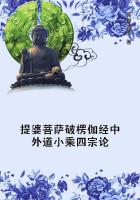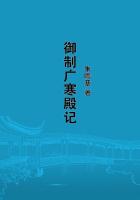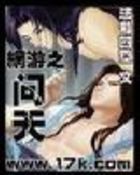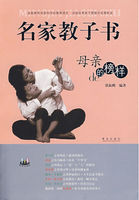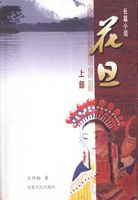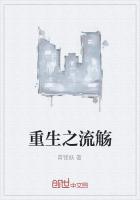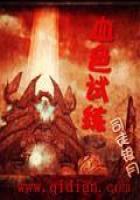BOSTON.
From New York we returned to Boston by Hartford, the capital or one of the capitals of Connecticut. This proud little State is composed of two old provinces, of which Hartford and New Haven were the two metropolitan towns. Indeed, there was a third colony, called Saybrook, which was joined to Hartford. As neither of the two could, of course, give way, when Hartford and New Haven were made into one, the houses of legislature and the seat of government are changed about year by year. Connecticut is a very proud little State, and has a pleasant legend of its own stanchness in the old colonial days. In 1662 the colonies were united, and a charter was given to them by Charles II. But some years later, in 1686, when the bad days of James II. had come, this charter was considered to be too liberal, and order was given that it should be suspended.
One Sir Edmund Andross had been appointed governor of all New England, and sent word from Boston to Connecticut that the charter itself should be given up to him. This the men of Connecticut refused to do. Whereupon Sir Edmund with a military following presented himself at their Assembly, declared their governing powers to be dissolved, and, after much palaver, caused the charter itself to be laid upon the table before him. The discussion had been long, having lasted through the day into the night, and the room had been lighted with candles. On a sudden each light disappeared, and Sir Edmund with his followers were in the dark.
As a matter of course, when the light was restored the charter was gone; and Sir Edmund, the governor-general, was baffled, as all governors-general and all Sir Edmunds always are in such cases.
The charter was gone, a gallant Captain Wadsworth having carried it off and hidden it in an oak-tree. The charter was renewed when William III. came to the throne, and now hangs triumphantly in the State House at Hartford. The charter oak has, alas! succumbed to the weather, but was standing a few years since. The men of Hartford are very proud of their charter, and regard it as the parent of their existing liberties quite as much as though no national revolution of their own had intervened.
And, indeed, the Northern States of the Union--especially those of New England--refer all their liberties to the old charters which they held from the mother country. They rebelled, as they themselves would seem to say, and set themselves up as a separate people, not because the mother country had refused to them by law sufficient liberty and sufficient self-control, but because the mother country infringed the liberties and powers of self-control which she herself had given. The mother country, so these States declare, had acted the part of Sir Edmund Andross--had endeavored to take away their charters. So they also put out the lights, and took themselves to an oak-tree of their own--which is still standing, though winds from the infernal regions are now battering its branches. Long may it stand!
Whether the mother country did or did not infringe the charters she had given, I will not here inquire. As to the nature of those alleged infringements, are they not written down to the number of twenty-seven in the Declaration of Independence? They mostly begin with He. "He" has done this, and "He" has done that. The "He" is poor George III., whose twenty-seven mortal sins against his Transatlantic colonies are thus recapitulated. It would avail nothing to argue now whether those deeds were sins or virtues, nor would it have availed then. The child had grown up and was strong, and chose to go alone into the world. The young bird was fledged, and flew away. Poor George III. with his cackling was certainly not efficacious in restraining such a flight. But it is gratifying to see how this new people, when they had it in their power to change all their laws, to throw themselves upon any Utopian theory that the folly of a wild philanthropy could devise, to discard as abominable every vestige of English rule and English power,--it is gratifying to see that, when they could have done all this, they did not do so, but preferred to cling to things English. Their old colonial limits were still to be the borders of their States.
Their old charters were still to be regarded as the sources from whence their State powers had come. The old laws were to remain in force. The precedents of the English courts were to be held as legal precedents in the courts of the new nation, and are now so held. It was still to be England, but England without a king making his last struggle for political power. This was the idea of the people and this was their feeling; and that idea has been carried out and that feeling has remained.
In the constitution of the State of New York nothing is said about the religion of the people. It was regarded as a subject with which the constitution had no concern whatever. But as soon as we come among the stricter people of New England, we find that the constitution-makers have not been able absolutely to ignore the subject. In Connecticut it is enjoined that, as it is the duty of all men to worship the Supreme Being, and their right to render that worship in the mode most consistent with their consciences, no person shall be by law compelled to join or be classed with any religious association. The line of argument is hardly logical, the conclusion not being in accordance with or hanging on the first of the two premises. But nevertheless the meaning is clear. In a free country no man shall be made to worship after any special fashion; but it is decreed by the constitution that every man is bound by duty to worship after some fashion. The article then goes on to say how they who do worship are to be taxed for the support of their peculiar church. I am not quite clear whether the New Yorkers have not managed this difficulty with greater success.

